Introduction to Efficient Filtration
Efficient filtration is a critical process in various industries, from water treatment and air purification to pharmaceutical manufacturing and food processing. It involves the removal of impurities, contaminants, and unwanted particles from fluids and gases to ensure the quality, safety, and functionality of the end products. This article delves into the concept of efficient filtration, its importance, and the different methods and technologies used in the industry.
Understanding Filtration
Filtration is a separation process that uses a physical barrier, known as a filter medium, to separate solid particles from a fluid. The filter medium can be a mesh, screen, membrane, or other materials that allow the fluid to pass through while retaining the particles. The efficiency of a filtration system is determined by its ability to remove particles of a specific size, flow rate, and the overall capacity to handle the volume of fluid or gas processed.
Importance of Efficient Filtration
Efficient filtration is crucial for several reasons: - **Quality Assurance**: In industries like pharmaceuticals and food processing, the presence of contaminants can lead to product recalls, health risks, and legal issues. - **Process Optimization**: By removing impurities, filtration can improve the efficiency of subsequent processes, such as crystallization or drying. - **Resource Conservation**: Efficient filtration can reduce the need for additional purification steps, saving water, energy, and other resources. - **Environmental Protection**: Filtration helps in reducing the release of pollutants into the environment, contributing to sustainable practices.
Types of Filtration Systems
There are several types of filtration systems, each designed for specific applications and particle sizes: - **Mechanical Filtration**: This involves the use of screens, meshes, or filters to trap particles. It is effective for larger particles and is commonly used in water and air purification. - **Membrane Filtration**: Membranes with specific pore sizes can separate particles based on their size. This method is used in ultrafiltration, nanofiltration, and reverse osmosis. - **Particle Filtration**: This method uses electrostatic forces or specific media to trap particles. It is effective for fine particles and is used in air filtration systems. - **Magnetic Filtration**: This technique uses magnetic fields to remove magnetic particles from a fluid, often used in oil and fuel processing.
Technologies for Efficient Filtration
Advancements in technology have led to the development of more efficient filtration systems: - **Automatic Backwashing Filters**: These filters automatically clean themselves by reversing the flow of fluid, which helps to maintain filter efficiency over time. - **Hollow Fiber Membranes**: These membranes offer a large surface area for filtration in a compact design, making them ideal for high-volume applications. - **Electrostatic Precipitators**: These devices use an electric field to remove fine particles from gas streams, making them effective for air pollution control. - **Bag Filters**: These filters use a series of bags made of fabric or felt to trap particles. They are versatile and can handle a wide range of particle sizes and flow rates.
Challenges and Solutions in Efficient Filtration
Despite the advancements, there are challenges in achieving efficient filtration: - **Particle Variability**: The size and composition of particles can vary significantly, requiring filters to be adaptable to different conditions. - **Clogging**: Over time, filters can become clogged with particles, reducing their efficiency. Regular maintenance and filter replacement are essential. - **Cost**: High-quality filters and maintenance can be costly, especially for large-scale operations. However, the long-term benefits often outweigh the initial investment. Solutions to these challenges include: - **Customized Filtration Systems**: Tailoring the filtration system to the specific needs of the application can improve efficiency and reduce costs. - **Advanced Materials**: The development of new filter materials with higher particle retention rates and lower clogging potential can enhance efficiency. - **Regular Monitoring and Maintenance**: Continuous monitoring of filter performance and regular maintenance can prevent issues before they become significant.
Conclusion
Efficient filtration is a cornerstone of modern industrial processes, ensuring the quality and safety of products while minimizing environmental impact. As industries continue to evolve, so too will the technologies and methods used for filtration. By understanding the principles of filtration, the importance of efficiency, and the latest technological advancements, businesses can make informed decisions to optimize their filtration processes and stay competitive in their respective markets.
转载请注明来自嗅,本文标题:《高效过滤的英文:过滤效率英文缩写 》

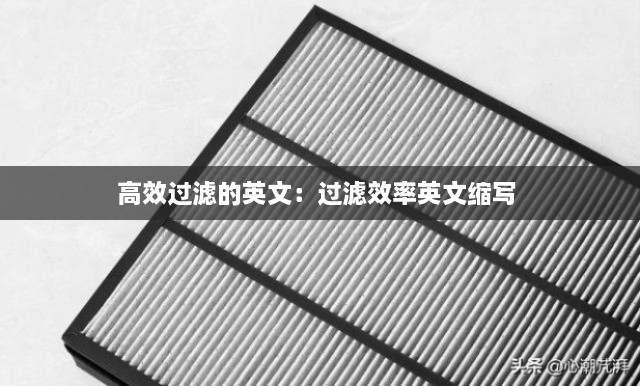


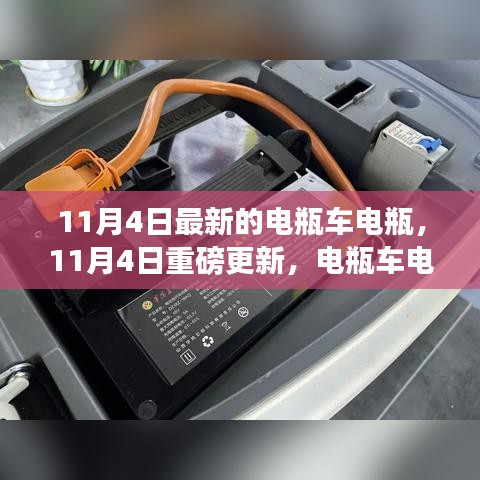
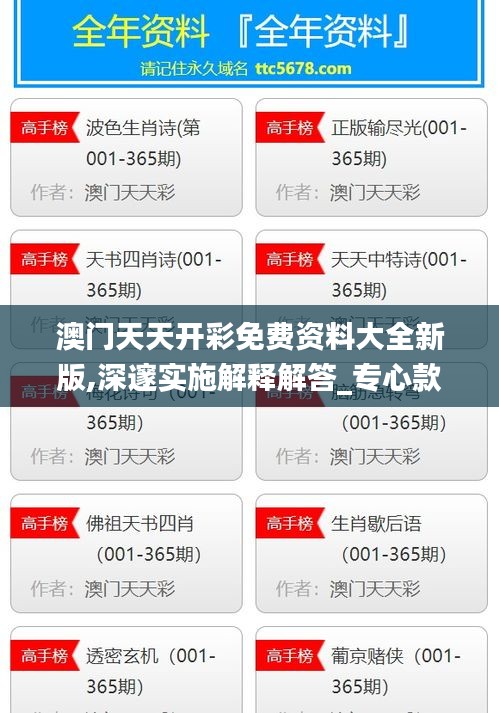
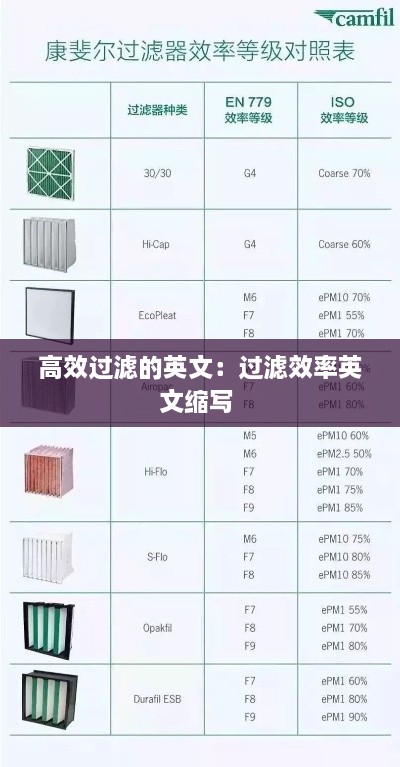
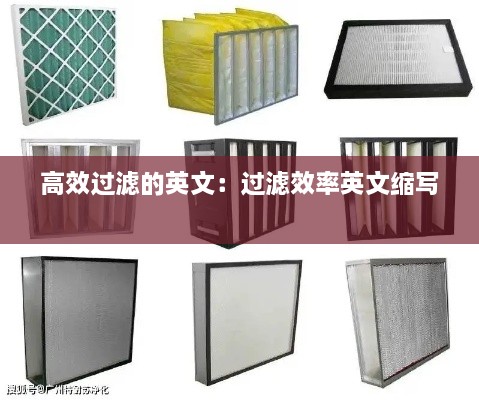






 蜀ICP备2022005971号-1
蜀ICP备2022005971号-1
还没有评论,来说两句吧...